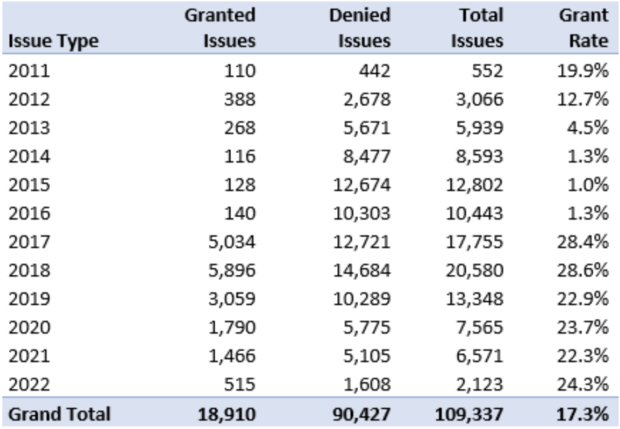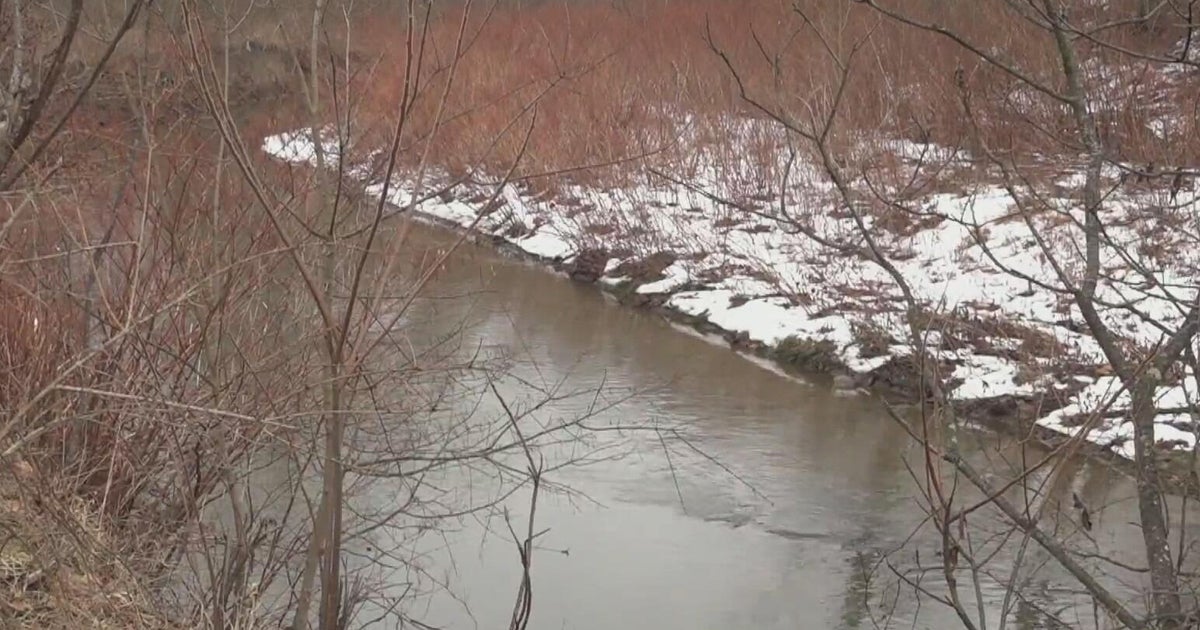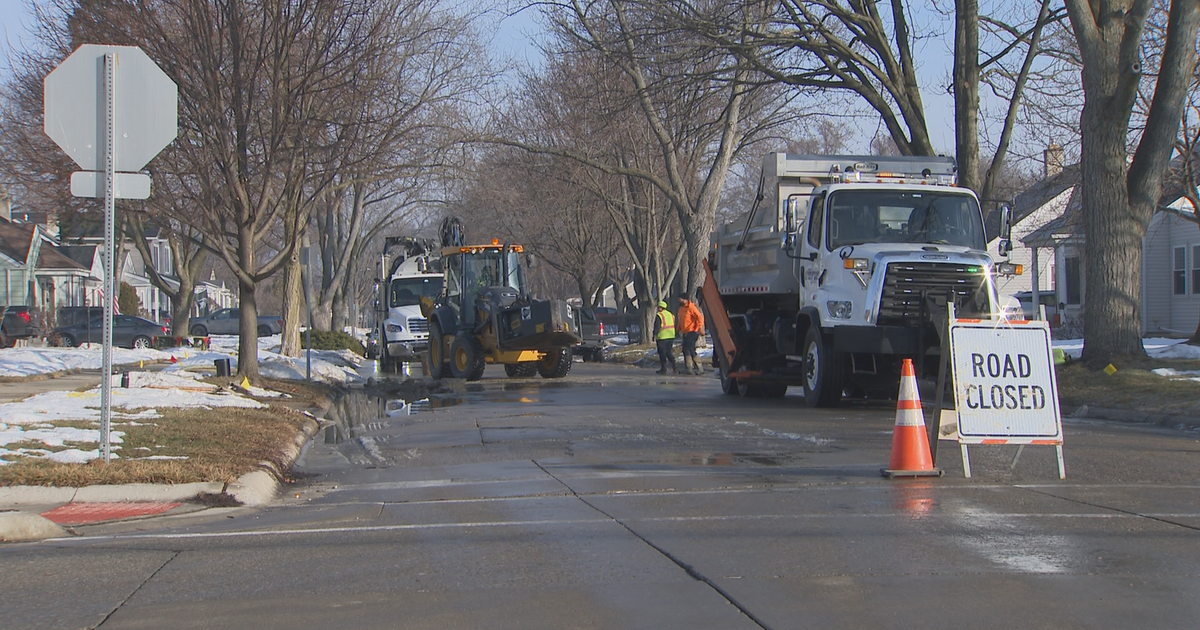"Deny until they die": Some veterans say VA wrongly rejects claims for illnesses they blame on Camp Lejeune's contaminated water
Nearly two dozen veterans came forward after a CBS News story about children sickened at Camp Lejeune, describing a broken Veterans Affairs claims system. A CBS News investigation found doctors who lacked expertise in relevant medical fields and veterans who spent years in the appeals process.
The U.S. government acknowledges that from 1953 to 1987, nearly a million veterans and civilians were potentially exposed to dangerous chemicals in the drinking water at Camp Lejeune in North Carolina. In some areas, levels were 400 times what safety standards allowed.
Dave Metzler spent 34 months at Camp Lejeune in the late 1950s. He got out of the Marines as a sergeant in 1959, and a year later, he started having problems with his balance and stumbling — and then he lost his hearing, said his daughter, Patty Metzler.
A machine repairman at a GM plant in North Jackson, Ohio, Dave Metzler got too sick to work. His failing health was seen as a liability, she said.
"And I know that depressed him — I'm no longer the person to support my family," she said.
Dave Metzler filed a disability claim with the VA, arguing his neurological problems stemmed from his service at Camp Lejeune. If approved, the Metzlers would receive much-needed financial support.
He was denied in 2014 — and again in 2015.
"He did get depressed. He got angry," said Patty Metzler. "And he did attempt suicide once."
A little over a decade ago, veterans were first able to file disability claims related to the contaminated water , and the VA started using so-called "subject matter experts" in 2012 to review them. But the CBS News investigative team found some of those doctors lacked expertise in relevant medical fields.
Students at the Veterans Legal Services clinic at Yale Law School filed a lawsuit in 2016 on behalf of Camp Lejeune veterans who sought more information on the doctors who reviewed claims.
"Not all of them appeared to have the qualifications for the job they're doing," said Mike Wishnie, who runs the clinic.
A CBS News review of VA records found in some cases, those reviewers were general and preventive medicine doctors, not experts in the types of illnesses the veterans were confronting.
Wishnie said that after the VA started using subject matter experts to review claims, the already-low approval rate dropped even further. According to government transcripts and documents obtained by CBS News, the rate plummeted from 25% to 5%.
The VA disputed these rates and provided CBS News a year-by-year breakdown of the approval rates from 2011 to present. These numbers still show the rate dropped dramatically after the VA began using subject matter experts to review these claims in 2012. In 2013, the approval rate fell to 4.5% — and from 2014 to 2016, dropped even further to 1%. The VA noted that the overall rate of approval for Camp Lejeune claims now averages 17%.
The system isn't working, said Wishnie. "It's completely failing veterans."
Retired Lt. Col. Mark Kotnour, a lifelong aviator, said he came to believe the VA's approach was: "Deny, deny, deny until they die."
He filed his first claim with the VA two years ago. Seven doctors told him they believed his pancreatic and prostate cancers were connected to his service at Camp Lejeune in 1977.
But the VA denied his claim, saying their subject matter expert was more persuasive. Kotnour is appealing, and said it's not about the money but accountability.
"My appeal now is 18 months old," he said. He's hoping to hear in his lifetime, "but there's no guarantee."
When asked why the VA would give greater weight to a general medicine expert over a group of cancer specialists, Kotnour offered a pessimistic explanation.
"They don't want to step up and do the right thing," he said.
The VA disputed this, telling CBS News the doctors they use to review veteran claims are qualified to evaluate them.
The subject matter expert in Dave Metzler's claim specialized in preventive medicine, and Patty Metzler said that doctor "knew nothing about neurology."
Fed up, Patty Metzler, a nurse practitioner, did her own research and got her father's case in front of a VA judge in 2017. Then, she waited.
In 2018, the VA judge overruled the earlier denials. The VA approval letter granting her dad 100% disability now hangs on her dining room wall.
But Dave Metzler never lived to see this victory. He died 14 months earlier.
"About a week prior to his death, he was still lucid and talking. And I had some time alone with him. And he gave me a hug and said, 'Don't give up. Keep fighting,'" said Patty Metzler. "And I promised him I would."
Dave Metzler's widow has received survivor benefits, but the family is still fighting with the VA over back pay.
In a statement to CBS News, the VA said it is "committed to the processing of all claims to ensure priority veterans are served as timely and accurately as possible."
They told us the doctors in these cases had "appropriate credentials" and received four hours of training on issues relevant to Camp Lejeune's contaminated water and the evaluation of claims.
The VA told CBS News that there are 2,443 Camp Lejeune contaminated water claims still pending, more than half of which are considered backlog.
The VA added, "There are several factors contributing to the overall backlog including the COVID-19 pandemic, which resulted in limited processing of requests for records at Federal Records Centers and suspended Compensation and Pension (C&P) examinations."






